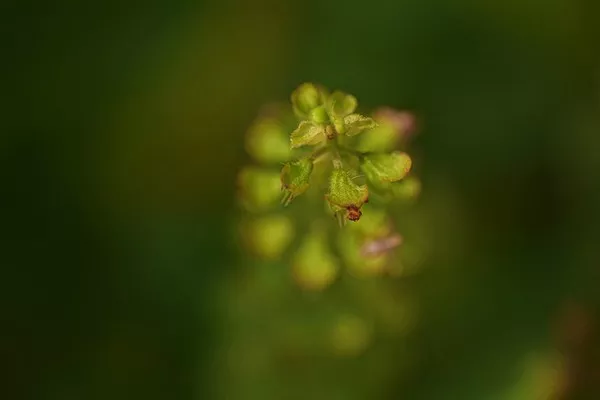Aphids, those tiny, seemingly harmless insects, can wreak havoc on plants, causing damage that extends beyond aesthetic concerns to affecting overall plant health. Gardeners and plant enthusiasts often find themselves grappling with aphid infestations, wondering about the root causes and effective preventive measures. In this article, we delve into the intricate world of aphids, exploring the various factors that contribute to their presence on plants.
Understanding Aphids
Before delving into the causes of aphids on plants, it’s crucial to comprehend the basics of these minuscule insects. Aphids belong to the order Hemiptera and are notorious for their ability to reproduce rapidly. They feed on the sap of plants using their specialized mouthparts, piercing the plant’s vascular system. The damage caused by aphids can lead to distorted growth, yellowing of leaves, and even the transmission of plant diseases.
Environmental Factors
Temperature and Humidity:
Aphids thrive in specific environmental conditions. Warm temperatures and high humidity create an ideal habitat for these pests. In spring and early summer, when temperatures rise, aphid populations tend to surge. Additionally, humid conditions provide the necessary moisture for aphids to reproduce rapidly, exacerbating infestation problems.
Seasonal Trends:
Seasonal variations play a significant role in aphid prevalence. Spring is a critical time for aphid activity, as new plant growth provides a fresh feeding ground for these insects. Similarly, during the fall, as temperatures begin to drop, aphids may seek refuge on indoor plants, leading to unexpected infestations.
Weather Extremes:
Unfavorable weather conditions, such as drought or excessive rainfall, can stress plants, making them more susceptible to aphid attacks. Drought weakens plants, making it challenging for them to defend against pests, while excessive rainfall can create an environment conducive to aphid reproduction.
Biological Factors
Natural Predators:
The presence of natural predators, such as ladybugs, lacewings, and parasitic wasps, can influence aphid populations. These predators feed on aphids, helping to keep their numbers in check. A lack of natural predators can contribute to aphid outbreaks, emphasizing the importance of maintaining a balanced ecosystem in gardens.
Plant Species:
Different plant species attract varying types of aphids. Some aphids have a preference for specific plants, and the choice of plantings in a garden can impact the likelihood of aphid infestations. Diverse plantings that encourage biodiversity may help disrupt aphid life cycles and reduce their overall impact.
Cultural Practices
Over-Fertilization:
Excessive use of nitrogen-rich fertilizers can stimulate lush, tender plant growth, which is attractive to aphids. Over-fertilized plants may become more susceptible to infestations, as the soft new growth provides an easy feeding ground for these sap-sucking insects.
Improper Watering:
Inconsistent or inadequate watering practices can stress plants, making them more vulnerable to aphids. Stressed plants emit chemical signals that attract aphids, signaling them to move in and exploit the weakened plant.
Poor Garden Hygiene:
Neglecting proper garden hygiene, such as failing to remove debris and fallen leaves, can create hiding spots for aphids. These pests often seek shelter in the remnants of previous plant growth, making it crucial to maintain a clean and tidy garden to deter aphid infestations.
Conclusion
Aphids on plants can be a persistent challenge for gardeners, but understanding the root causes of infestations is a crucial step toward effective prevention and management. Environmental factors, biological interactions, and cultural practices all contribute to the prevalence of aphids. By adopting integrated pest management strategies that take these factors into account, gardeners can protect their plants and promote a healthier, more resilient garden ecosystem. Regular monitoring, timely action, and a holistic approach to plant care are essential in the ongoing battle against aphids and the preservation of thriving, pest-resistant gardens.


